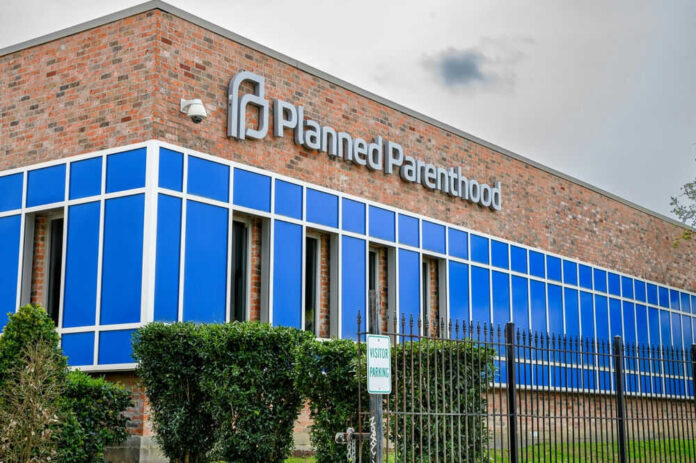
(LibertyInsiderNews.com) – Federal power, not state law, ended abortion in Wisconsin, just when it seemed newly restored rights were here to stay.
Story Overview
- Trump’s federal Medicaid cuts, not a state ban, forced Planned Parenthood to halt abortions statewide.
- Wisconsin’s Supreme Court had just struck down the state’s 1849 abortion ban, briefly restoring access.
- The pause in services reveals how swiftly federal funding can override state-level victories.
- Thousands are left without local abortion access, spotlighting a new front in the national abortion debate.
Federal Leverage Ends a State’s Access Overnight
On September 30, 2025, Planned Parenthood of Wisconsin stopped all abortion services, not because of a new state law or court ruling, but due to a sudden loss of federal Medicaid funding. The trigger: President Trump’s tax and spending bill, signed just weeks earlier, that slashed Medicaid reimbursements specifically for Planned Parenthood. The move blindsided many Wisconsinites, coming on the heels of a hard-fought state Supreme Court decision that had just struck down the state’s 1849 abortion ban. The state had barely begun to feel the impact of restored abortion rights before federal power yanked the rug out from under clinics and patients alike.
Planned Parenthood, the state’s primary abortion provider, announced it would pause abortion services effective immediately. The organization emphasized it would attempt to continue non-abortion Medicaid services, but the loss of federal funds made abortion care unsustainable. Federal courts allowed enforcement of the new law even as litigation proceeded, showing how quickly federal funding mechanisms can shift the ground in local battles. Wisconsin became the first state where Planned Parenthood paused abortions due to this specific type of federal law, a precedent that could echo beyond state lines.
State-Level Victory Erased by Federal Action
Just months before, Wisconsin’s abortion landscape seemed on the verge of transformation. After the Supreme Court’s 2022 overturning of Roe v. Wade, the state’s 1849 abortion ban snapped back into effect, and nearly all abortions stopped statewide. In July 2025, the Wisconsin Supreme Court ruled that ban unconstitutional, a monumental win for abortion rights advocates. Clinics began preparing to expand services, and for a brief moment, legal abortion returned to Wisconsin. That optimism proved short-lived. The Trump administration’s targeted Medicaid cuts swiftly undermined the state’s legal victory. The practical result: abortion is technically legal in Wisconsin, but unavailable to all who depend on Medicaid-backed care.
Planned Parenthood’s decision hit low-income residents hardest, leaving them with few options but to travel out of state or forgo care altogether. The organization cited the impossibility of operating abortion services at a loss and the need to prioritize the rest of its reproductive health services, which also depend on Medicaid funding. With 99 percent of Wisconsin counties now lacking clinic-based abortion care, according to UW-Madison’s Collaborative for Reproductive Equity, the federal government’s financial levers effectively erased the state’s recent legal progress.
Ripple Effects: Patients, Clinics, and the National Debate
Thousands of Wisconsin residents now face the prospect of crossing state lines for abortion care, if they can afford it. Clinics in neighboring states, especially Illinois, anticipate a surge in patients, straining already limited resources. Planned Parenthood staff warn that continued funding losses could ultimately force clinic closures, jeopardizing not just abortion services but broader reproductive and preventive healthcare for low-income populations.
The immediate effect is a stark loss of access, but the long-term implications are more profound. Experts and advocates warn of widening health disparities, especially for marginalized communities who rely on Medicaid. Legal scholars highlight the tension between state constitutional rights and the overwhelming power of federal purse strings. The situation has become a flashpoint for the national debate over whether abortion access is ultimately a state or federal issue. While abortion rights advocates call the pause a devastating setback after a rare legal win, anti-abortion groups see the federal defunding strategy as a powerful new tool. The events in Wisconsin foreshadow similar battles in other states, if federal funding can end abortion access here, it can happen anywhere Congress and the White House choose to wield that leverage.
Copyright 2025, libertyinsidernews.com





























